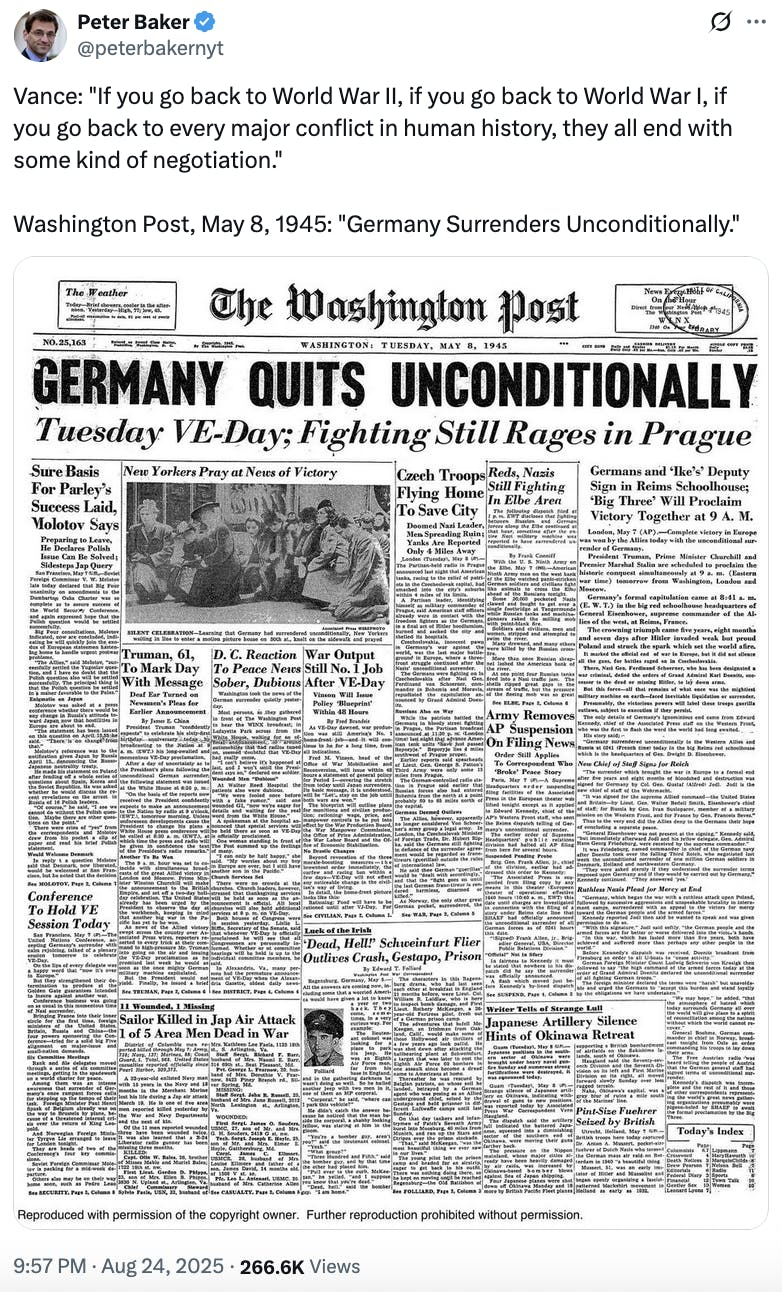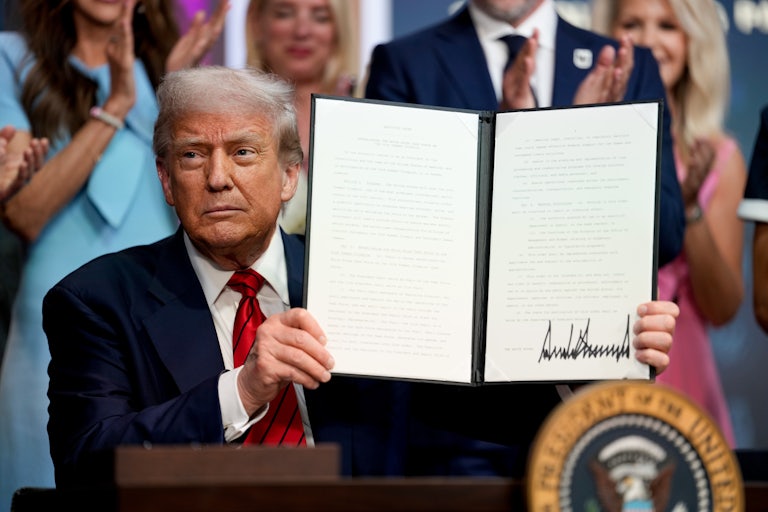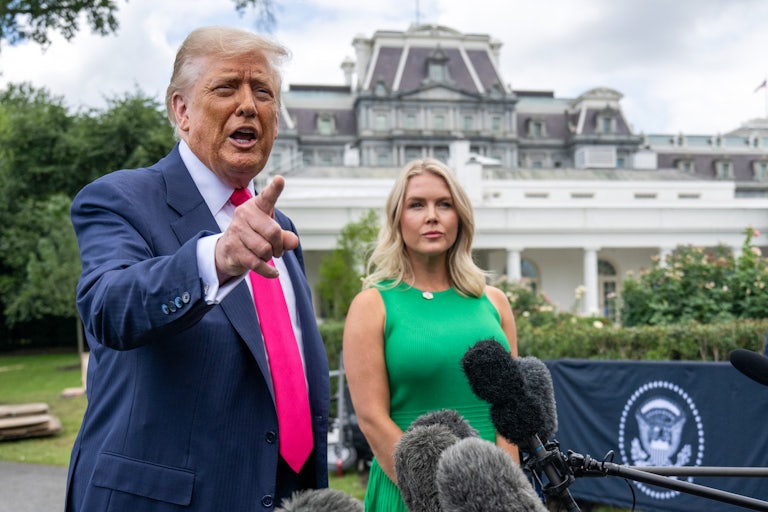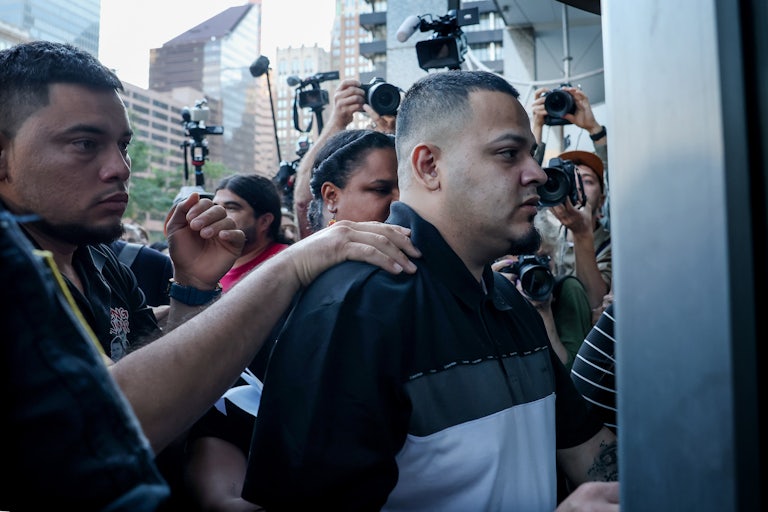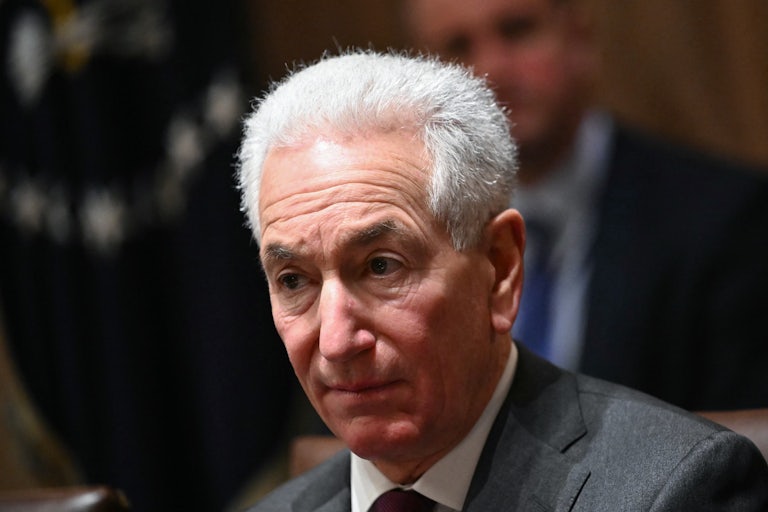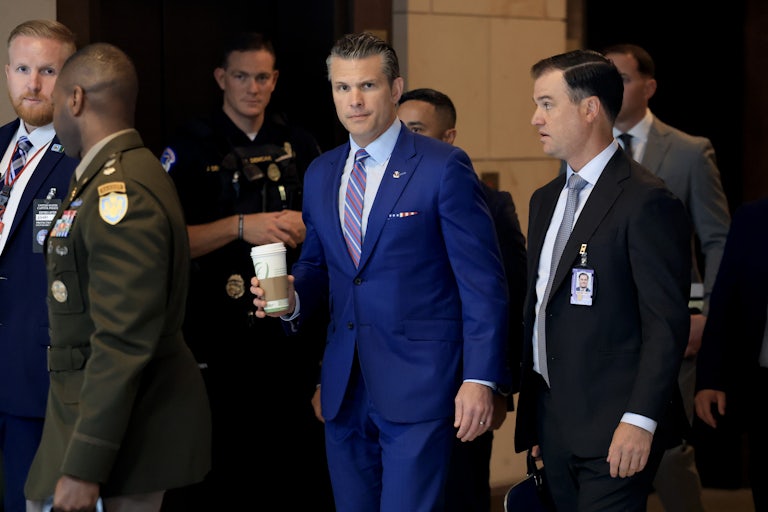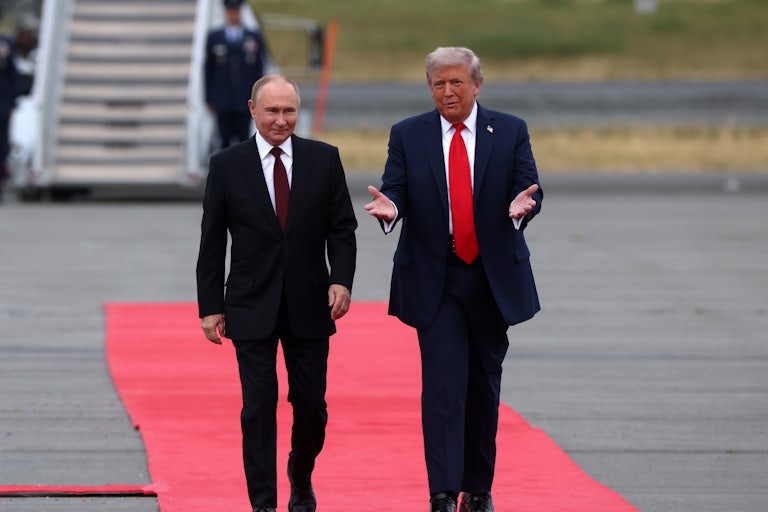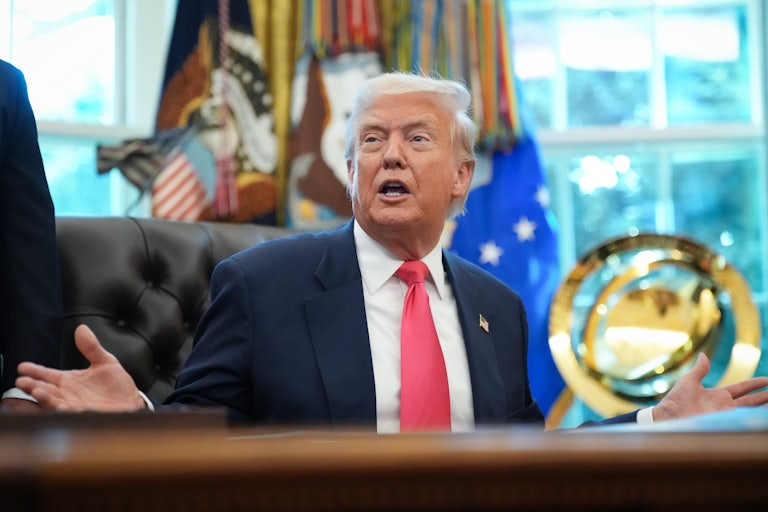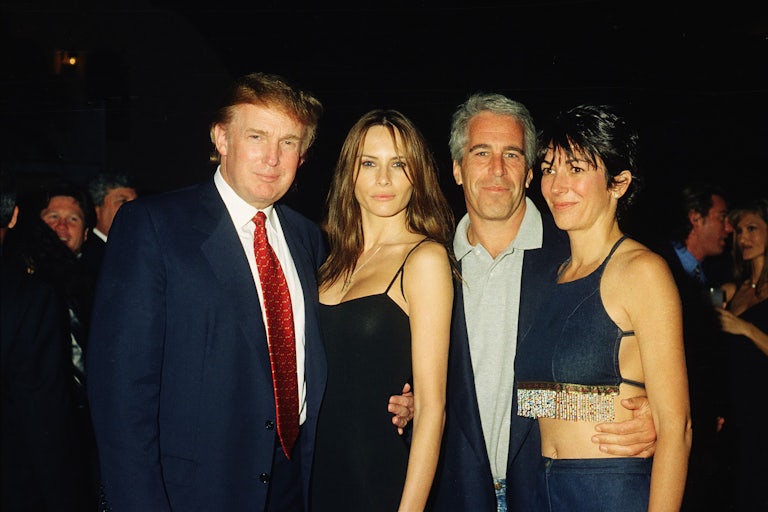Trump and RFK Jr. Plan to Scrap Covid Vaccine, Because Why Not
The Trump administration reportedly plans to pull it from shelves within months.
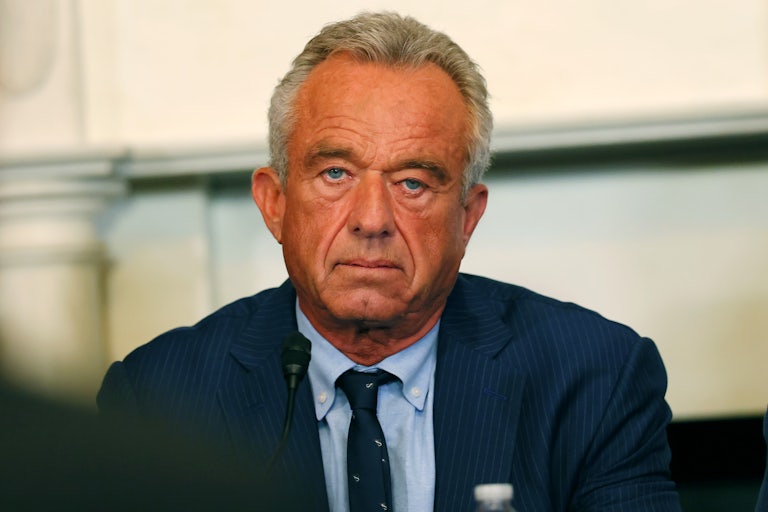
The Covid vaccine could be off the shelves in a matter of months.
Despite the coronavirus shot saving millions of lives during the pandemic, the Trump administration is planning to nix nationwide access to the vaccine “within months,” a close associate of Health Secretary Robert F. Kennedy Jr. told the Daily Beast.
Dr. Aseem Malhotra, a British cardiologist who has repeatedly claimed, contrary to scientific evidence, that the vaccine has more ramifications than the disease it is intended to treat, told the Daily Beast that people around Kennedy “cannot understand” why the vaccine is still on the market. Malhotra noted that the administration intends to remove it from shelves even if it sows a “fear of chaos,” or sparks major legal consequences.
“It could [happen] in a number of stages, including learning more about the data,” said Malhotra. “But given the increased talk of vaccine injuries in the past few weeks among the administration, it could also come with one clean decision.”
The skepticism stems from a 2022 paper, published in the science journal Vaccine, that examined “serious adverse events” that occurred during clinical trials of Pfizer and Moderna mRNA Covid-19 vaccines. The widely dismissed study found that individuals who had gotten the jab were at a 16 percent higher risk of “excess serious adverse events” than those who did not.
Critics of the paper claimed that the researchers underestimated the benefits of the vaccine, overstated methodological risks, selectively chose data, and ignored the broader public health impacts of the vaccine.
It wouldn’t be the first vaccine that Kennedy has canceled on the grounds of his unscientific doubts. Earlier this month, the health secretary said his agency would divest $500 million from mRNA research, effectively axing 22 mRNA studies since—according to Kennedy—the vaccines “fail to protect” against “upper respiratory infections like COVID and flu.”
Instead, Kennedy said that his agency would shift the funding toward “safer, broader vaccine platforms that remain effective even as viruses mutate”—which apparently does not include the latest and greatest medical advances.
The problem with Kennedy’s approach is twofold: It will result in a sacrifice of time and money. Traditional vaccines injected a weakened or dead version of a virus, triggering the body’s immune response and the development of antibodies. Researching and developing these vaccines is a “lengthy and costly” process that becomes further complicated when researchers have to respond to mutations in the virus, according to Penn Medicine.
mRNA technology, meanwhile, employs a synthetic genetic code that instructs the body to produce proteins akin to the viral protein, training the body’s immune system without ever actually exposing the individual to the disease. Once the response is initiated, the synthetic genetic sequence breaks down in the body, according to Medline Plus. The result is a “plug-and-play” vaccine technology that offers rapid development times at a lower cost to traditional vaccines.
In the years since mRNA technology debuted on the U.S. market, biomedical researchers have also framed mRNA as a potential cancer treatment. But its sudden emergence in the U.S. prompted suspicion from anti-vaxxers, including Kennedy.
After Kennedy took the reins at HHS, he replaced independent medical experts on the Center for Disease Control and Prevention’s vaccine advisory panel with vaccine skeptics. He also warned against the use of the MMR vaccine during Texas’s historic measles outbreak, recommending that suffering patients instead take vitamins. And he founded his new directive for America’s health policy—the “Make America Healthy Again” report—on studies generated by AI that never existed in the real world.

